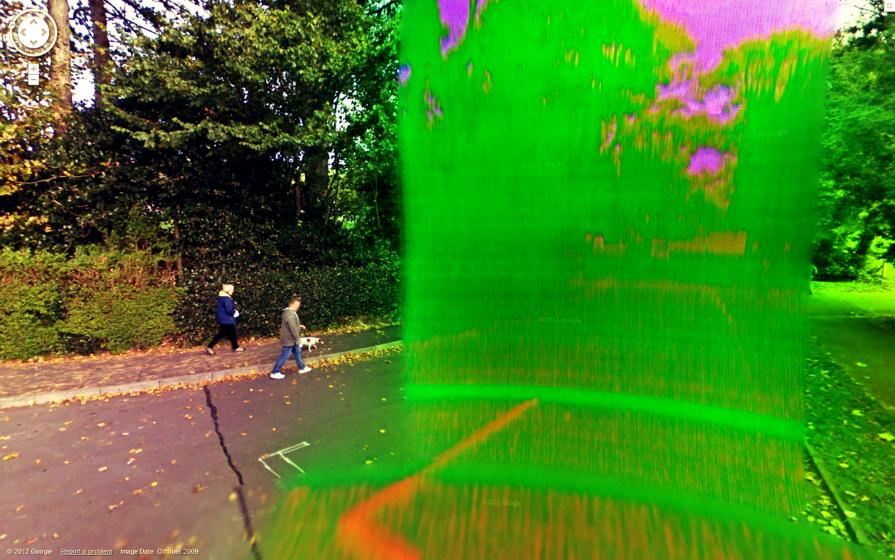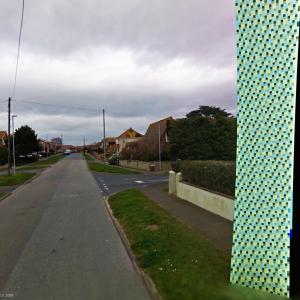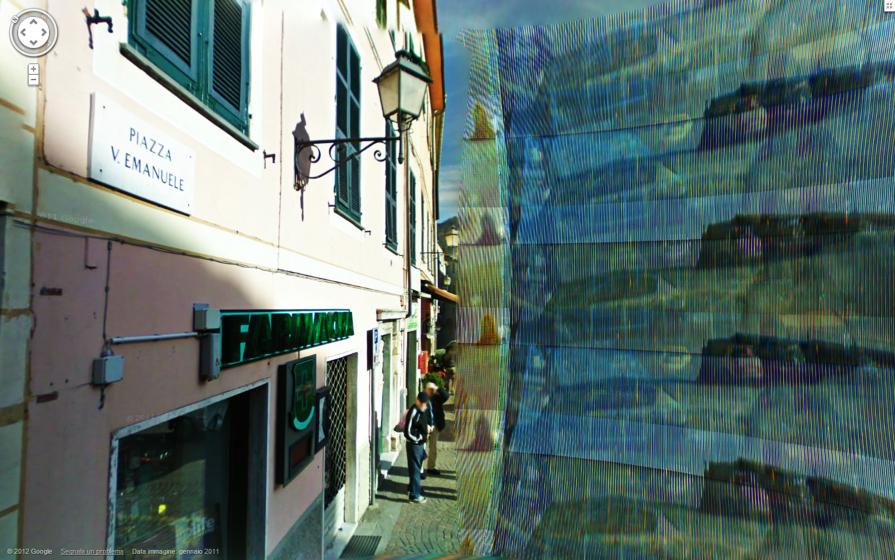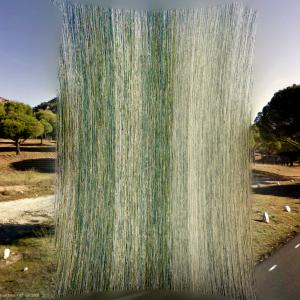Report a problem
“This network society is governed by what jean-Francois Lyotard defined more than thirty years ago as a “logic of a maximum performance”: a cybernetic ideology driven by dreams of an error-free world of 100 percent efficiency, accuracy, and predictability. Given the growing dominance of this ideology of informatics control, error provides us with an important critical lens for understanding what it means to live within a network society. Error reveals not only a system’s failure, but also its operational logic. This logic of maximum performance demands that error its either contained as predictable deviation, “captured”, for example, by the all-too-familiar error messages of everyday life, or nullified as an outlying and asignificant event. Occasionally, though, error slips through. In these moments error calls attention to its etymological roots: a going astraway, a wandering from itended destinations. In its “failure to communicate”, error signals a path of escape from the predictable confines of informatics control: an opening, a virtuality, a poiesis. Error gives expression to the out of bounds of systematic control.”
(Mark Nunes, “Error, Noise, and Potential: The Outside of Purpose” in Error, Glitch, Noise and Jam in New Media Cultures, Mark Nunes (ed.), Bloomsbury, New York, 2012, p.3)






























Comments 1
bravo
Say something